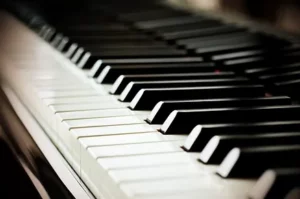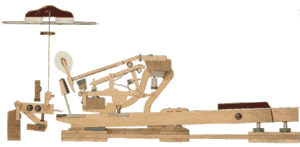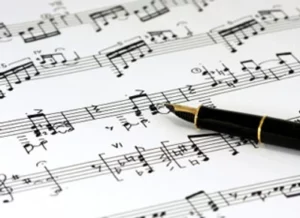Why do we learn music theory and musicianship?
There are many, many students who groan at the mention of having to do some music theory.
First of all, what music theory is not…Music theory is not an academic study that is divorced from playing a musical instrument. If taught well, it is not boring. And it is not useless!
So why do all of my students do music theory and musicianship in their lessons?
The answer is simple. You might be able to go so far in life with being able to speak a language. But when you can read and write it also, you go much further.
I don’t teach music by ear exclusively. This might be okay for babies to ages three, but there comes a point where music, which is transmitted through music scores and notes, must be read and interpreted.
In the first year of lessons, music theory is note recognition and writing notes on music lines.
From there, we learn about all the other signs and symbols that appear on the music score. Students learn to recognise and write certain important patterns of notes and so on.
And because music is a language, it has to be expressed. It is simply not possible for a student to intuitively be expressive if they do not have the skills to work out what the music is telling them.
Training the ear
Music is all about creating sounds – so if you are creating sounds, you need to be able to hear them. From the very first lessons, students will be experience feeling and responding to various musical meters, to imitate melodic and rhythmic patterns and to sing.
But is it interesting?
Music theory and musicianship is just one part of a very busy lesson. Students play old pieces, learn new pieces, do technical exercises to increase their skills, sight read, write music, clap rhythms, move to music and lots of other activities. It’s not just sitting at the piano. So with so many different activities, even very young children find they are engaged for the whole lesson.
What if a student wants to take music theory further?
Students that take music at school need to be proficient in music theory and those that take it for their HSC, need at least a grade 5 level of music theory and musicianship (the higher the better).
Students who undertake graded exams on their instruments (with the AMEB, ABRSM, Trinity, etc) are required to complete theory and musicianship exams in order to fulfil the requirements of their practical exams.​
Finally, music theory and musicianship are essential for anyone who thinks they might want to be a composer.






